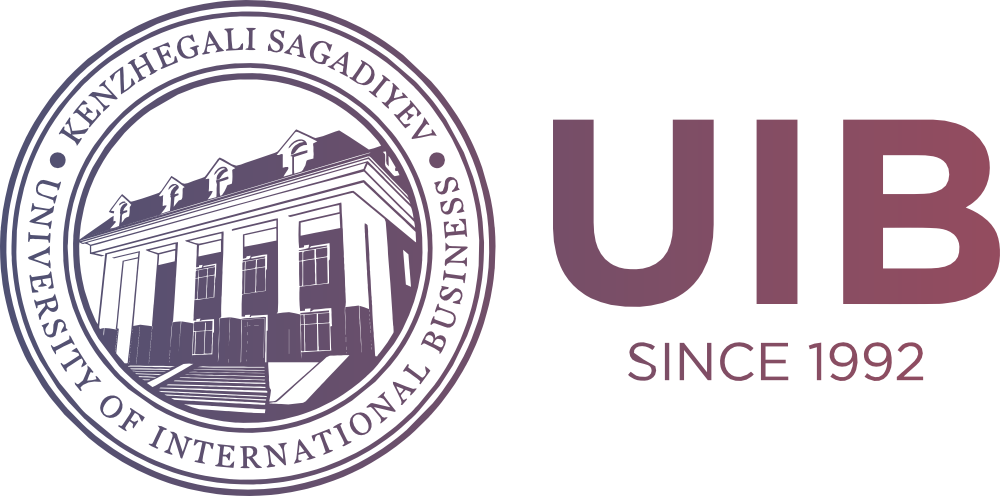Developing Students’ Intellectual Capital Based on Virtues with Workplace Spirituality
DOI:
https://doi.org/10.47703/ejebs.v4i66.189Keywords:
Entrepreneurship Development, Virtue, Wisdom and knowledge, Temperance, Workplace SpiritualityAbstract
Students in Indonesia who aspire to become entrepreneurs must understand the importance of their intellectual capital. Entrepreneurship education is usually carried out through the transfer of knowledge and business skills from outside the students (outside-in). Meanwhile, to build an entrepreneurial spirit in students, virtues (inside-out) stimulants are needed, which reflect wisdom, knowledge, and fortitude to encourage the development of students' intellectual capital. Thus, entrepreneurship development is an effort that synergises these two aspects simultaneously to become the strength of students' intellectual capital. Studies conducted on students at several universities in the province of West Nusa Tenggara, Indonesia, show that wisdom, knowledge, and fortitude effectively build students' intellectual capital. The internal environment of economic and business education, as a place for learning and practical work, is perceived as a workplace spirituality capable of accelerating the role of virtues in building students' intellectual capital. Workplace spirituality shows an academic atmosphere that reflects the meaningfulness of strengthening virtues stimulants in developing students' intellectual capital as prospective entrepreneurs, in being creative, and in generating new and different ideas. Developing intellectual capital does not mean mastery of competence and material resources becomes less critical. All must be designed synergistically to improve the quality and effectiveness of Indonesian student entrepreneurship.
Downloads
How to Cite
Downloads
Published
Issue
Section
License

This work is licensed under a Creative Commons Attribution 4.0 International License.
Authors retain copyright and grant the journal right of first publication with the work simultaneously licensed under a Creative Commons Attribution (CC-BY) 4.0 License that allows others to share the work with an acknowledgment of the work’s authorship and initial publication in this journal.


